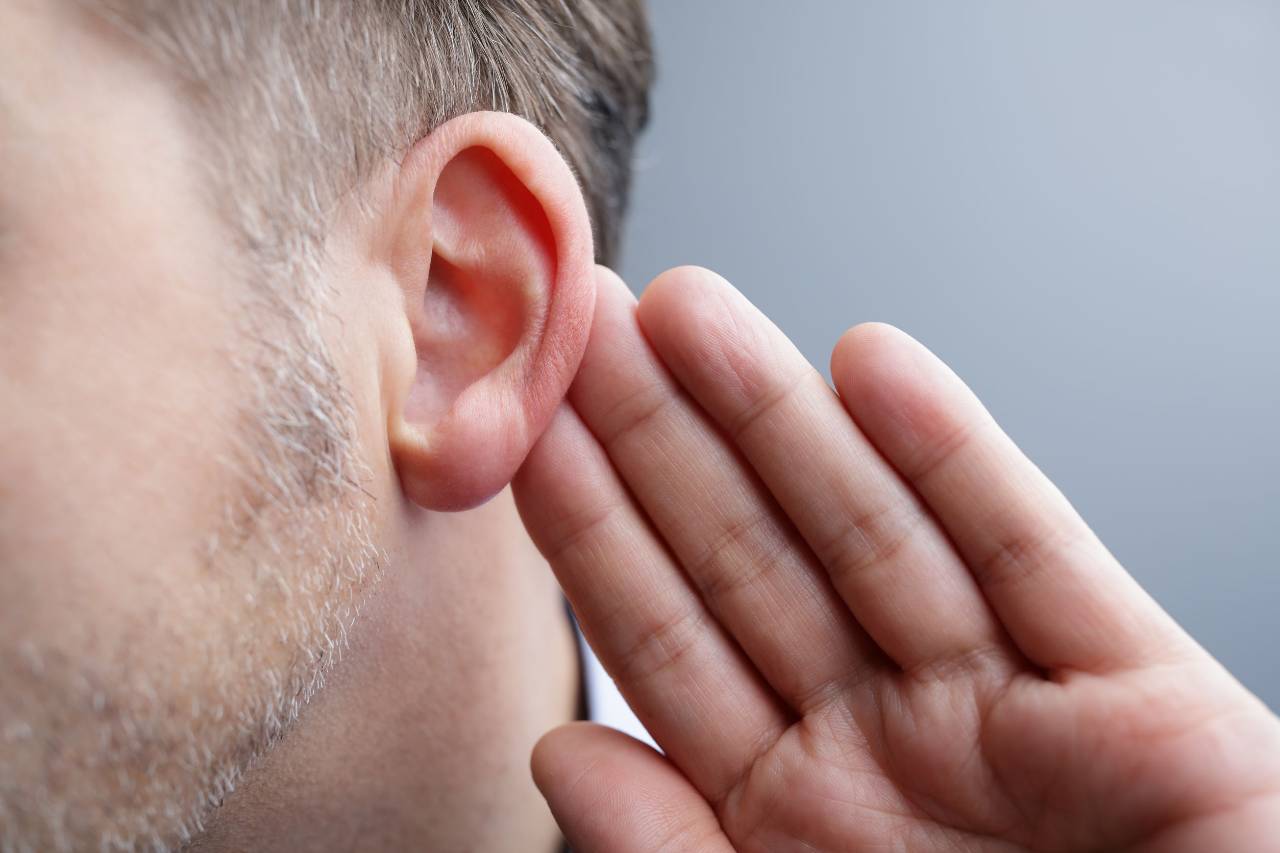As COVID-19 continues to spread around the world and affect more and more people, an increasing number of studies are being conducted in an attempt to clearly determine its symptoms and long-term effects. So far, researchers have determined that the virus affects the upper respiratory tract. It can also lead to several complications and multiple organ failure.
More recently, researchers have discovered that there may be a link between the new coronavirus and hearing loss or damage.
Generally, viral infections are known to cause symptoms relating to the upper respiratory tract that also end up affecting other parts of the body. Complications can include neurological, heart, and lung damage and other related effects. Inflammation of the inner ear causing impaired hearing, tinnitus, and loss of balance (vertigo) is one of them.
Inflammation of the inner ear is caused by “fluid building up behind the eardrums” and causing mucous membranes to “get very stuffy” according to Elias Michaelides, M.D., medical director of audiology and otolaryngology at Rush University Medical Center in Chicago. Nevertheless, in most cases, this symptom does not cause permanent damage and passes on its own together with the other signs of infection.
In the context of the current coronavirus pandemic, researchers have found that the viral infection can cause sudden hearing loss and tinnitus. These symptoms or effects are unlike those of other recent coronavirus strains, such as SARS and MERS. However, studies are still ongoing to establish whether these are a symptom of the infection or a complication that appears because of it.
Hearing Loss as a Symptom of the New Coronavirus
A report published by Iranian researchers in June 2020 mentions that “whether SARS-CoV-2 can invade the neural pathways involved in the balance and hearing is not known, but initial observations implicate the possibility.” The scientists based their observations on a group of seven patients from Iran who were suffering from hearing loss, as well as vertigo. They hadn’t been tested for coronavirus and had no other symptoms.
The report goes on to state: “Recently, we have been able to […] confirm COVID-19 in a number of patients with acute-onset hearing loss and/or vertigo. Since these young patients (age range 22-40 years) had no previous relevant medical history and had not received any ototoxic drugs prior to their presentation, it is highly likely that these otologic symptoms are directly related to/caused by COVID-19, especially since pure tone audiometry revealed a sensory-neural mechanism for the unilateral hearing loss”.
What this means is that hearing loss and vertigo can be symptoms of an infection with the new coronavirus in people experiencing no other symptoms of the illness.

Other reports have also had similar findings. According to an article in the American Journal of Otolaryngology published by M.W.M. Mustafa of the Qena Faculty of Medicine in Egypt, hearing tests were performed on a group of 20 people who “had none of the known symptoms for this viral infection”. The study participants, with ages between 20 and 50 years, underwent testing for high-frequency pure-tone thresholds and transitory evoked otoacoustic emission (TEOAE) amplitudes. Their results were “significantly worse” than normal and the participants were subsequently confirmed positive for COVID-19.
The Egyptian study concluded that the “COVID-19 infection could have deleterious effects on cochlear hair cell functions despite being asymptomatic. The mechanism of these effects requires further research.”
Hearing Loss as an Effect of an Infection with Coronavirus
Other studies have looked at the link between coronavirus and hearing loss or damage and tinnitus from another perspective. That of such effects being the result of the viral infection spreading across the body.
For instance, in the UK, a 45-year old man admitted to hospital following infection with COVID-19 developed sudden hearing loss after his release, as reported in the medical journal BMJ Case Reports.
Some researchers believe that this complication could have also been the result of the medication administered as part of the treatment for the viral infection. However, no evidence was found in support of this theory because the drugs that had been administered to the patient did not have ototoxicity (hearing loss caused by medication) as a side effect.
Another theory is that infection with the new coronavirus can lead to lowered levels of oxygen and a restricted blood supply which, in turn, can damage cochlear hair cells that process the vibrations of sound.
A survey also conducted in the UK revealed that out of 138 respondents aged between 44 and 82, sixteen of them reported a change in hearing and/or tinnitus after their diagnosis of COVID-19 infection. Another eight reported a deterioration in hearing, while four of the respondents had a pre-existing hearing loss condition.
How Certain Are These Conclusions?
Although the studies mentioned above were performed on a small number of patients and they cannot be considered high-quality evidence, the link between the new coronavirus and hearing loss still appears to be at least possible if not certain.
In the current context of the pandemic, getting a hearing test more frequently seems like a good idea. Especially if you want to stay on top of your hearing health and any potential COVID-19 symptoms. There are convenient tests you can do at home once a week like the Decibel Pro app free hearing test. However, if you experience any kind of sudden hearing impairment or hearing loss you should consult a physician as soon as possible.
The bottom line is that the link between coronavirus and hearing damage or its potential long-term effects on hearing health needs more research to be fully understood and dealt with. Studies will continue in the following months and we will probably have more information on this topic soon.



